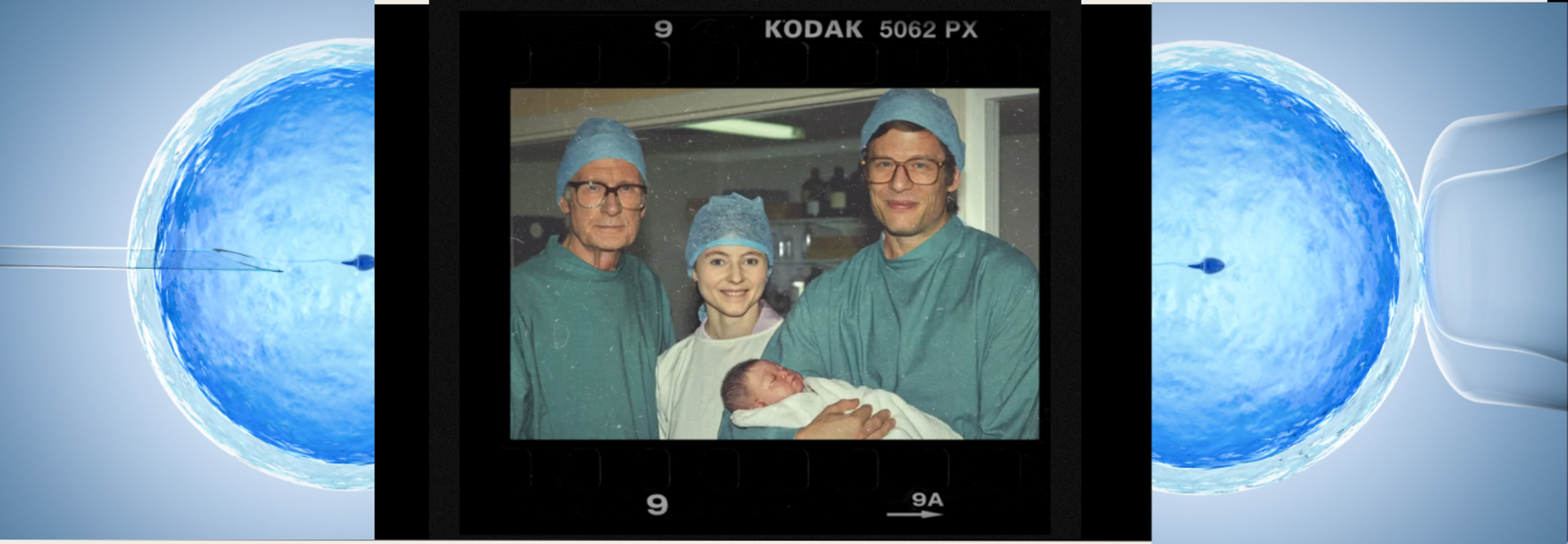Meet Louise Brown- The World’s First IVF Baby

Meet Louise Brown- The World’s First IVF Baby And The Innovators Who Changed The Face Of Infertility Treatment Forever
SummaryLouise Brown's birth revolutionized healthcare, sparking IVF advancements that offer hope to millions. Despite challenges, it reshaped infertility treatment, inspired medical innovation, and highlighted the importance of accessibility and emotional support.
End of Article
